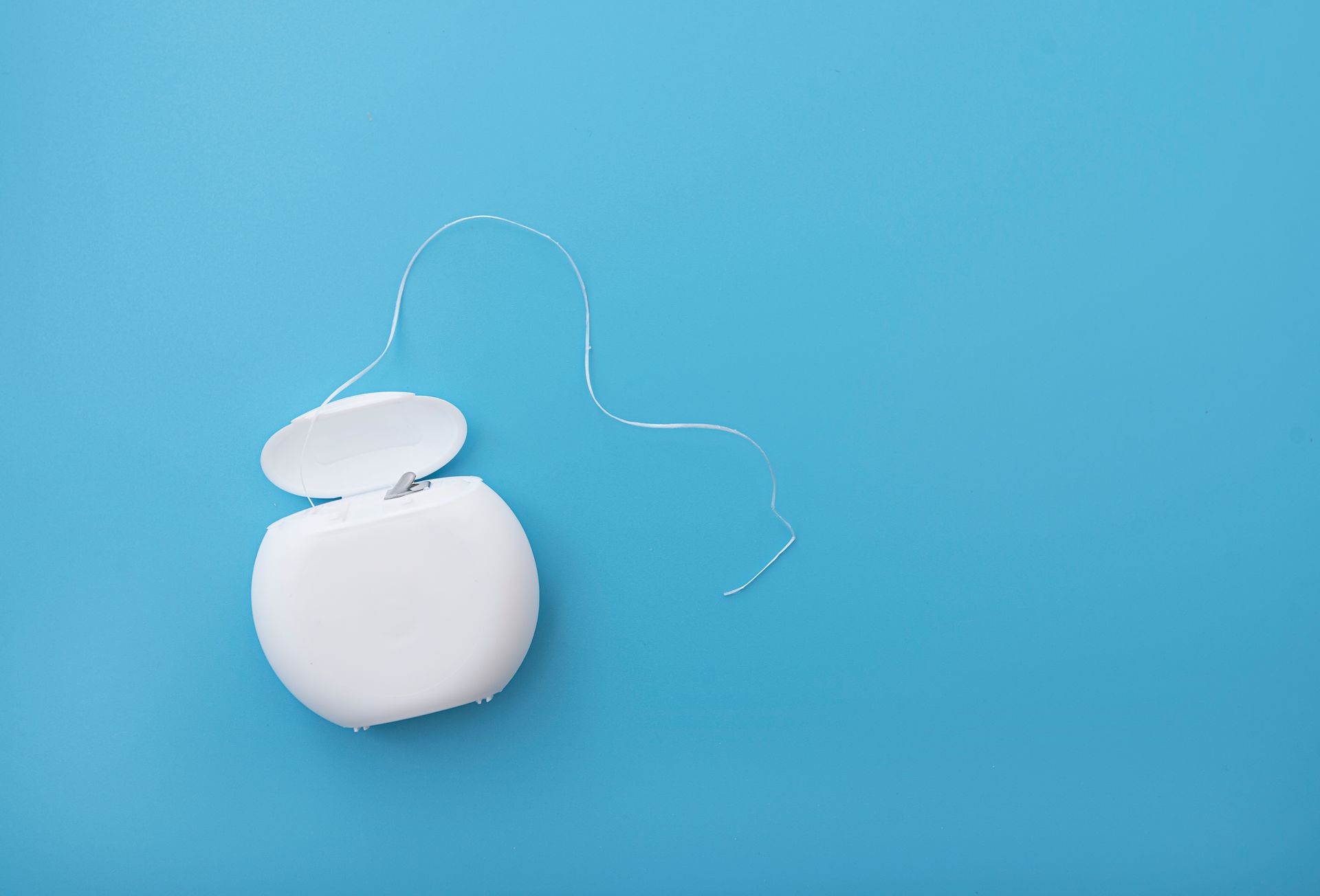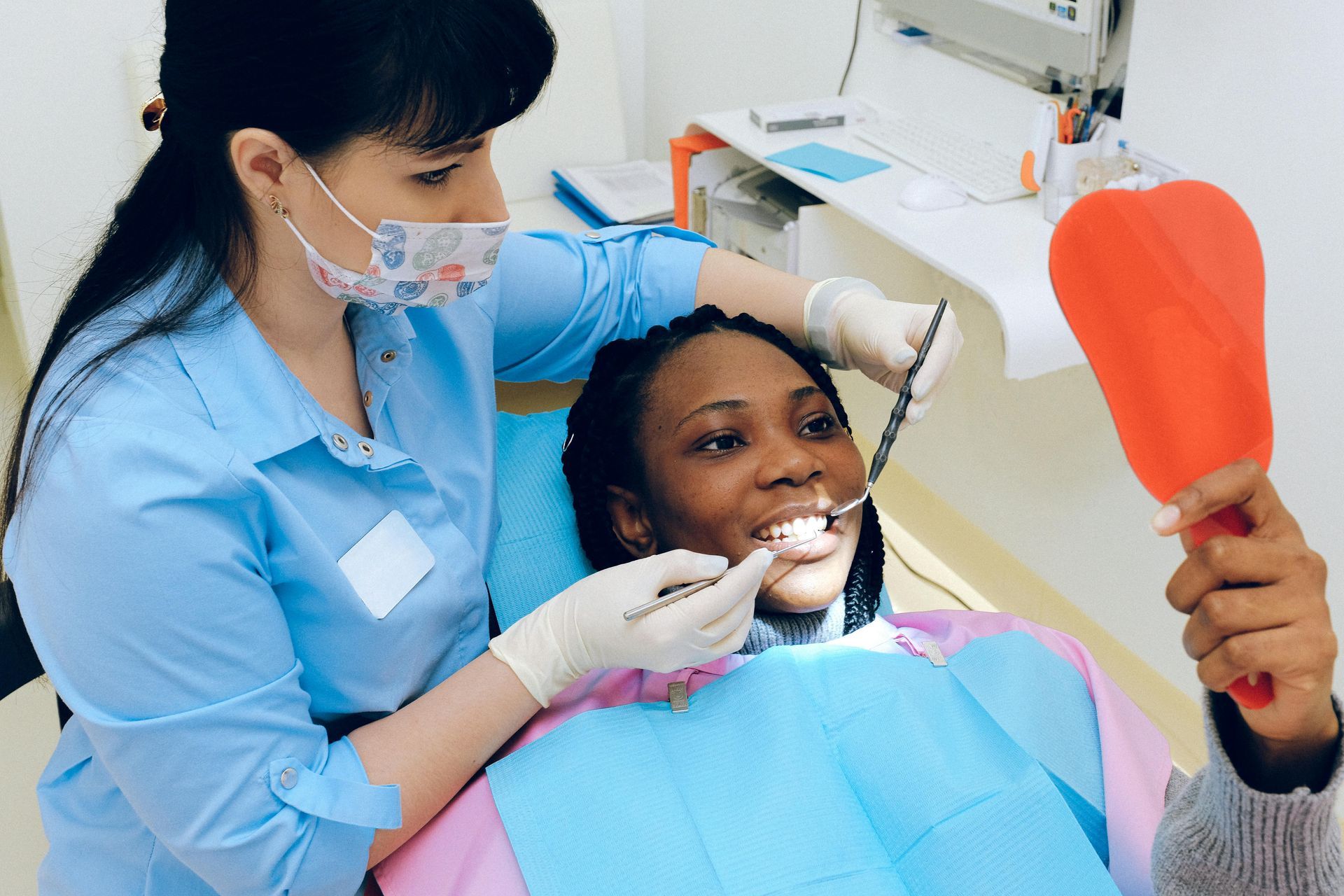Dental Health and Your Diet – How the Food You Eat Affects Your Smile
When it comes to maintaining strong teeth and healthy gums, what you eat matters just as much as how well you brush. At Dental Professionals of Wheaton, we educate patients on the critical link between nutrition and oral health. The truth is, your daily diet plays a direct role in preventing cavities, supporting gum tissue, and keeping your entire mouth in tip-top shape.
Even seemingly harmless snacks or drinks can feed the bacteria that cause tooth decay and gum disease. Fortunately, with the right dietary habits, you can protect your smile while still enjoying your favorite foods.
How Your Diet Impacts Your Oral Health
Every time you eat or drink something—especially foods high in sugars or acids—your mouth reacts. Harmful bacteria feed on sugar and produce acids that attack your tooth enamel. Over time, this can lead to cavities, gum inflammation, and even tooth loss if left unchecked.
The American Dental Association (ADA) recommends minimizing sugar intake and choosing nutrient-rich foods that support oral health and overall wellness.
Did You Know?
Grabbing a sugary snack between meals—like a cookie, soda, or slice of pie—can be more damaging than eating that same treat during a regular meal. According to the ADA, snacking frequently exposes your teeth to acid attacks without the natural saliva boost that occurs during mealtimes.
Instead, choose snacks that are low in sugar and high in nutritional value, such as raw vegetables, cheese, or unsweetened yogurt. And don’t forget to rinse your mouth or brush after snacking when possible!
Frequently Asked Questions
Should I change my eating habits to improve my oral health?
If you’re regularly consuming sugary foods or beverages, your dentist may recommend some dietary adjustments. Before making major changes to your diet, it’s best to consult your physician. Once approved, your dentist can help you identify tooth-friendly foods that align with your health goals.
What types of diet changes are best for my teeth and gums?
Dentists often suggest drinking more water, cutting down on sugary snacks, and eating balanced meals that include whole grains, lean proteins, fruits, vegetables, and low-fat dairy. Not only do these foods provide essential nutrients, but they also support saliva production, which helps naturally clean your teeth.
Are there other habits that support good oral health?
Yes! A healthy diet is just one part of your oral care routine. To keep your smile bright and healthy:
- Brush your teeth twice a day with a fluoride toothpaste.
- Floss daily to remove plaque between teeth.
- Visit your dentist every six months for exams and cleanings.
Eat Smart for a Healthier Smile
A balanced diet can do wonders for your teeth and gums. If you're ready to learn more about how nutrition impacts your oral health, our friendly team at Dental Professionals of Wheaton is here to help. We’ll work with you to create a personalized care plan that supports both your smile and your lifestyle.
Call today to schedule an appointment, and take the first bite toward better dental health!
Share Content






